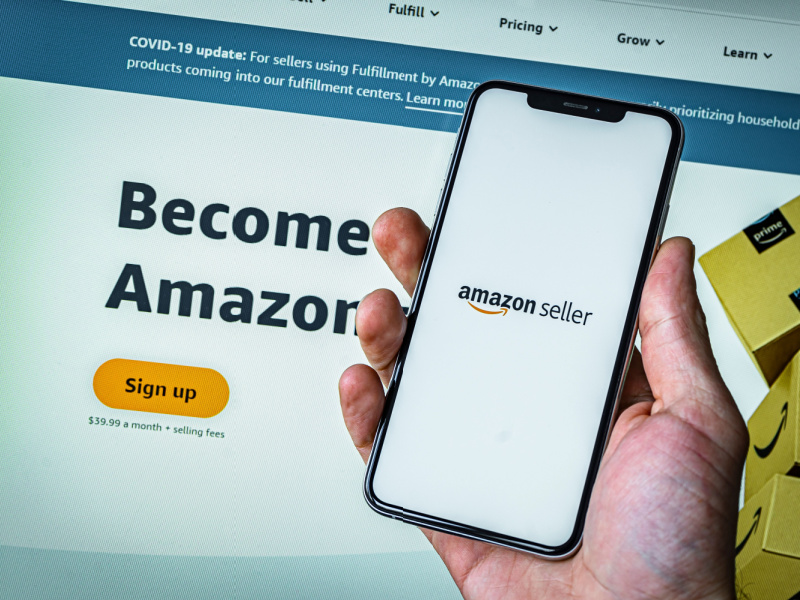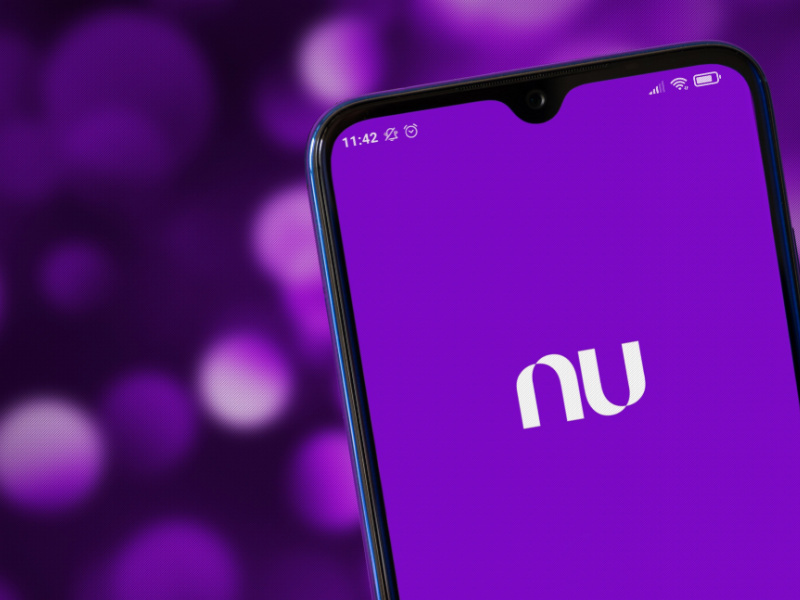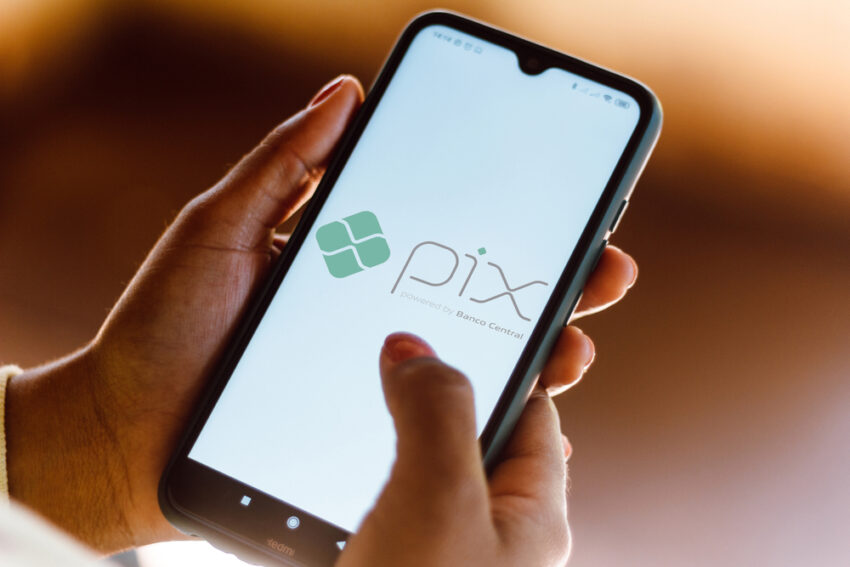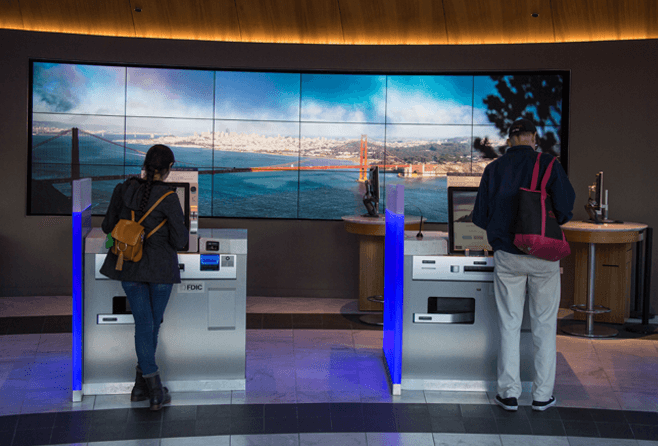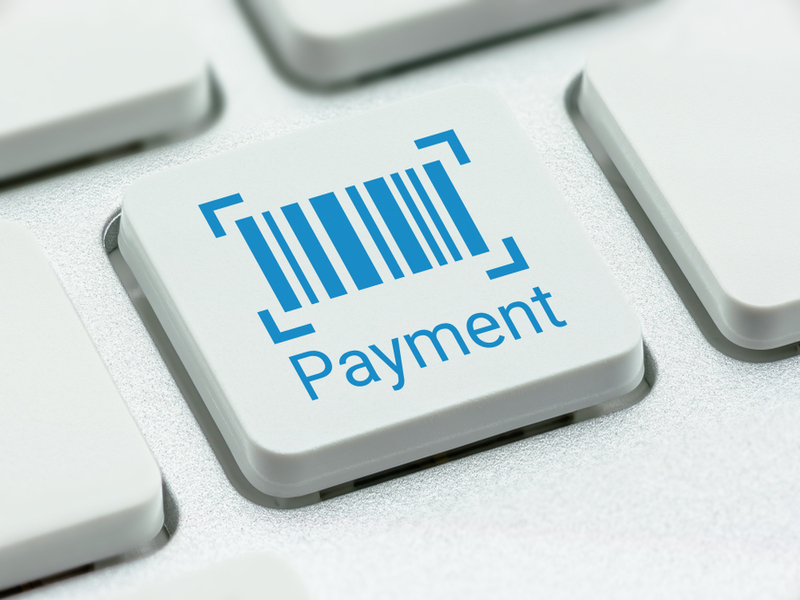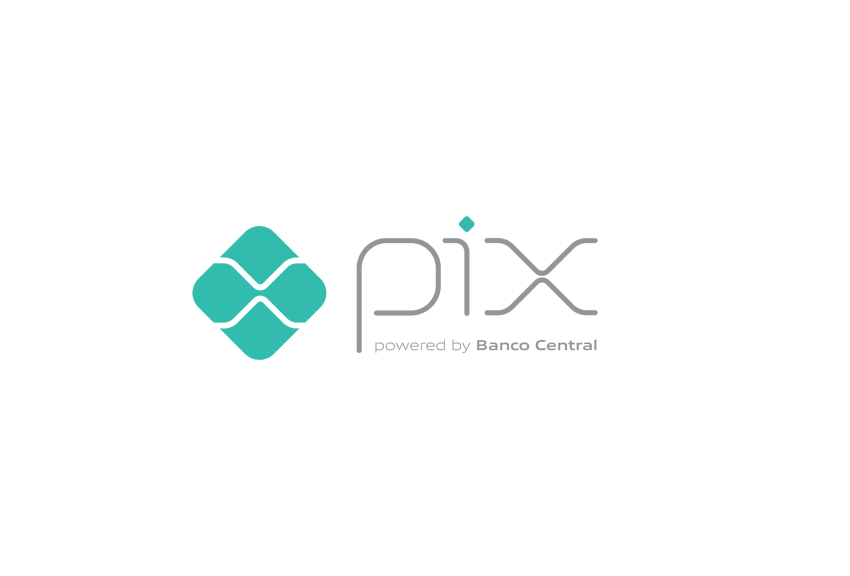Payment gateway vs psp: 3 reasons to choose a PSP
17/06/2022Are you split between a Payment Service Provider or payment gateway for your online business? Here are 3 characteristics making PSP a more comprehensive potion

The online payments market basically offers two options for online merchants: Payment Service Providers – or just PSPs – or payment gateways. Both support high performance digital transactions via credit card and other payment methods, but there are technical differences from the way the service is contracted through to the time the end customer concludes their purchase in the online store.
Before choosing the best option for your e-business, take some time to review how they both operate. But here is a spoiler. A PSP has the advantages of an online payment gateway but also offers a range of other features to facilitate day-to-day business.
What is a payment gateway? And a PSP payment processor?
A payment gateway is a piece of software that creates a bridge between stores and acquirers, just like physical card machines. Acquirers financially settle transactions and link card operators with banks where customers have their accounts and transfer receivables to the store. This option has been widely adopted by various sizes of online business and small and medium companies commonly contract a ready-made third-party solution, while major companies have already developed their own gateways.
A PSP payment provider combines the high performance of a payment gateway with additional features, such as fraud protection, a wide range of online payment options and can handle various different currencies. When compared, payment gateways are less comprehensive than online payment providers. PSPs offer both technical processing (like gateways) as well as financial processing (actual cash transfers). Here are 3 factors that make PSP the best choice for online businesses in every niche:
1- A payment provider only requires a contract
While payment gateways require e-commerce administrators to close contracts with various credit card acquirers and intermediaries – which in practice means higher costs and more bureaucracy – payment service providers (PSPs) let online business accept all payment methods based on a single contract and are responsible for orchestrating all the transactions with banks and acquirers. Providers offer native security solutions and can be bolstered via API integrations without having to involve another supplier in the arrangement.
2 – PSP leys you receive online payments in any currency: access new markets
For businesses operating a cross-border business model and want to sell in Brazil, offering Pix, for instance, as an alternative is a major competitive advantage: Pix was used to make over 1.6 billion instant payments between November 2020 and March 2022. Around 95% of Brazilian consumers prefer local payment methods. Apart from Pix, to reach this market you also need to offer boletos, and domestic debit and credit cards as payment options. From a user standpoint, the user receives a frictionless experience because the PSP automatically converts the currency so the customer can easily see exactly how much they are paying for the product they want, as well as any fees and delivery terms.
3 – Payment service providers are easy to integrate into e-commerce
You almost always need to hire a developer to integrate a payment platform with an e-commerce platform. There are also difficulties such a negotiating with acquirers and obtaining antifraud solutions. In other words, a gateway’s functions can be added or removed by coding additional APIs. In this case, the merchant is also responsible for and controls payments.
A PSP can be integrated with an e-commerce platform using a payments API, Embedded CheckOut or Payment Link. Payment service providers offer centralized transactions and provide merchants with a gateway system, its supplementary APIs and the various forms of payment as a bundle with just one contract to sign.
Find out more about Bexs Pay, the online payments provider
Bexs Pay is the perfect PSP solution for anyone wanting to sell in Brazil and accept local payment methods. With FX and payments integration, your e-commerce customers can see prices in local currency with all fees already calculated and included.
You do not need a local entity or have to open a local bank account in the country you want to sell to. The PSP will provide settlement on the date set out in the contract and send the payment to the account you specify, anywhere in the world, and convert it into your preferred currency. Contact our team of specialists and find out more about this unique solution combining FX and international payments.























